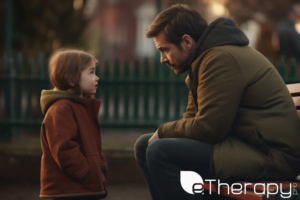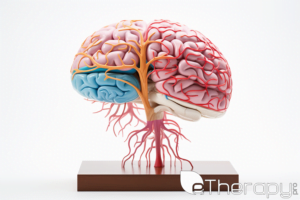Both Buddhism and contemporary neuroscience agree: that there is no permanent “you” or consistent, objective self. The Western idea that we remain the same moment to moment is an illusion. Rather, we are a set of cells, with the brain and body in constant flux.
What Does Buddhism Teach?
Traditionally, Buddhism has taught “anatta,” the concept that there is no enduring soul, no consistent self. Just as suffering is an illusion, so is the concept of the self. The things that we believe define ourselves change over time, as does our sense of self. Eventually, we may come to understand that not only does the “self” change but that it does not matter in the end.
What Does Science Demonstrate?
Current advances in neuroscience seem to endorse the Buddhist teaching of “anatta.” Research demonstrates the neuroplasticity of the brain, that is, the reality that the physiological structure of the brain can be changed simply through changing our thought patterns. Specifically, Buddhist-style meditation can change the structure of the brain. This means that our brains, in which we house our sense of self, are not permanent but change over time and can be intentionally changed over time.
Why Does it Matter from a Therapeutic Standpoint?
The understanding that our sense of self is impermanent has many positive ramifications from a therapeutic standpoint. This means that the internal struggles we have today need not define us. It may feel like they do and that they always will. But science has demonstrated that our thought patterns are, much like our bodies, changing over time. We can train our brains in such a way that the thoughts that plague us today need to continue to be an issue in the future. We can grow and evolve in positive ways!
Many people say they are struggling to discover who they are. If “you” are constantly changing there may be no discovery to make. Perhaps it’s best to accept the circumstances of the moment you are in so you can use them to create “you” in the moment to come.
Talk About “You” With a Counselor Today.
Start a FREE Trial of Online Counseling










